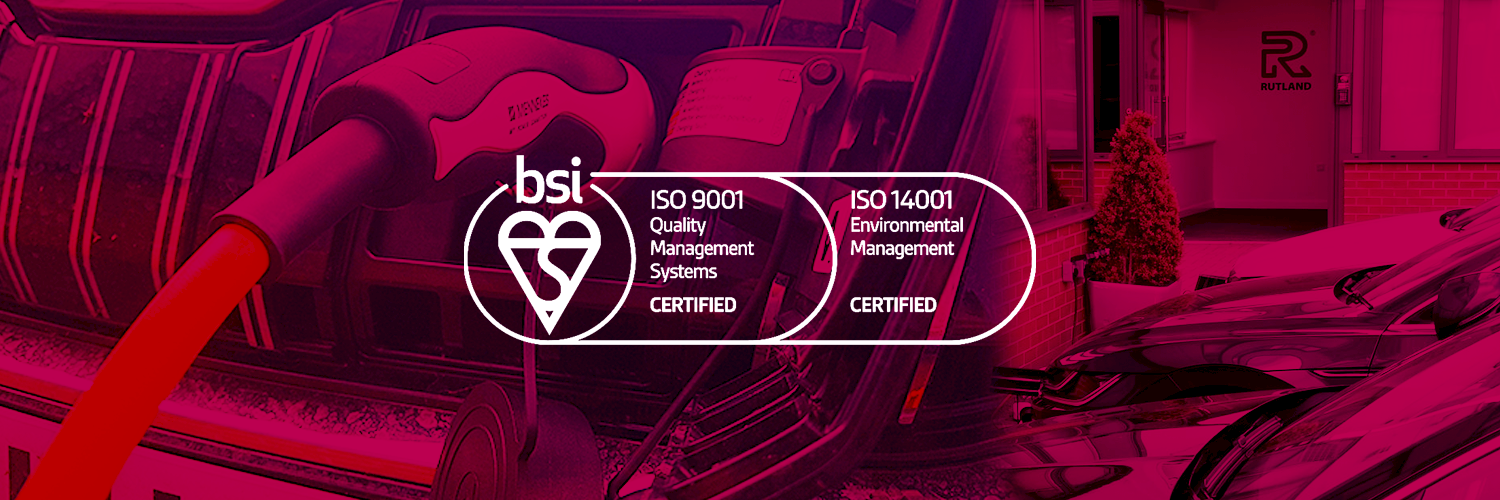
At Rutland, we are always looking at different ways of working in order to reduce waste and generally work in a more sustainable way. For us, this is all part of being a responsible, well-run business, while having as little impact on the environment as possible. That’s why we have signed up to follow the ISO14001 environmental management standards and the Zero Avoidable Waste (ZAW) in Construction principles.
ISO14001 is, of course, a well-known environmental management system standard and we are very pleased to have passed both stages of certification - it is such a worthwhile scheme and a standard we are proud to have achieved. ZAW is a Government initiative which aims to eliminate all avoidable waste by 2050. The Green Construction Board was invited by Defra and BEIS to come up with an interpretation of what ‘zero avoidable waste’ means in the construction industry and to develop a route map to get us there. ZAW in Construction is designed to encourage all those working in the industry to prevent waste being generated at every stage of a project’s lifecycle. This means removing avoidable waste wherever possible, from the manufacture of materials and products, the design, specification, procurement and assembly of buildings and infrastructure through to deconstruction.
So what have we been doing?
Reducing waste
At Rutland we have been monitoring our waste, ensuring that we are firstly preventing waste where possible and then looking to re-use and recycle wherever we can, therefore limiting our amount of general waste. We have been looking at our product packaging and reducing it where we can, whilst still ensuring that our products always arrive in perfect condition.
Reducing mileage
We have switched the vehicles we were doing longer journeys in from diesel to hybrid vehicles. We are also looking to reduce ‘miles’ wherever we can – we are looking at all our suppliers to explore if we can source as locally as possible to reduce our carbon footprint even further.
Reducing energy use
All our lighting at our headquarters in Chesterfield at has been switched to LED bulbs and we are also in the process of replacing our warehouse fluorescent lighting with LED lighting.
Reducing risk
It doesn’t stop there. For us, it is important to ensure business continuity in the event of an incident or accident – we supply the fire door industry and we have a responsibility to our customers to ensure continued supply of essential fire door hardware. We have reviewed our environmental risk and disaster recovery policies to ensure that we can limit any damage and continue to supply products that the fire door industry depends upon. For example we have assessed flood risk and invested in raising the floor in both warehouses by 1m. We also ensure that not all of our stock is stored in one space to mitigate any losses in the event of a fire.
Conclusion
Achieving our ISO 14001 certification and following ZAW in Construction has confirmed for us that being a sustainable business is about so much more than recycling. It is about constantly questioning and testing every stage of every process, policy and procedure, and exploring new and better ways of doing things. It’s about asking, ‘what if’ and planning for the future, and ensuring that our environmental standards remain high and our supply remains constant. In a wider global sense, it is about us all being here for years to come, and it is important to us at Rutland that we ‘do our bit’.
Leave us your contact details and we will call you back for a free consultation about your requirements.